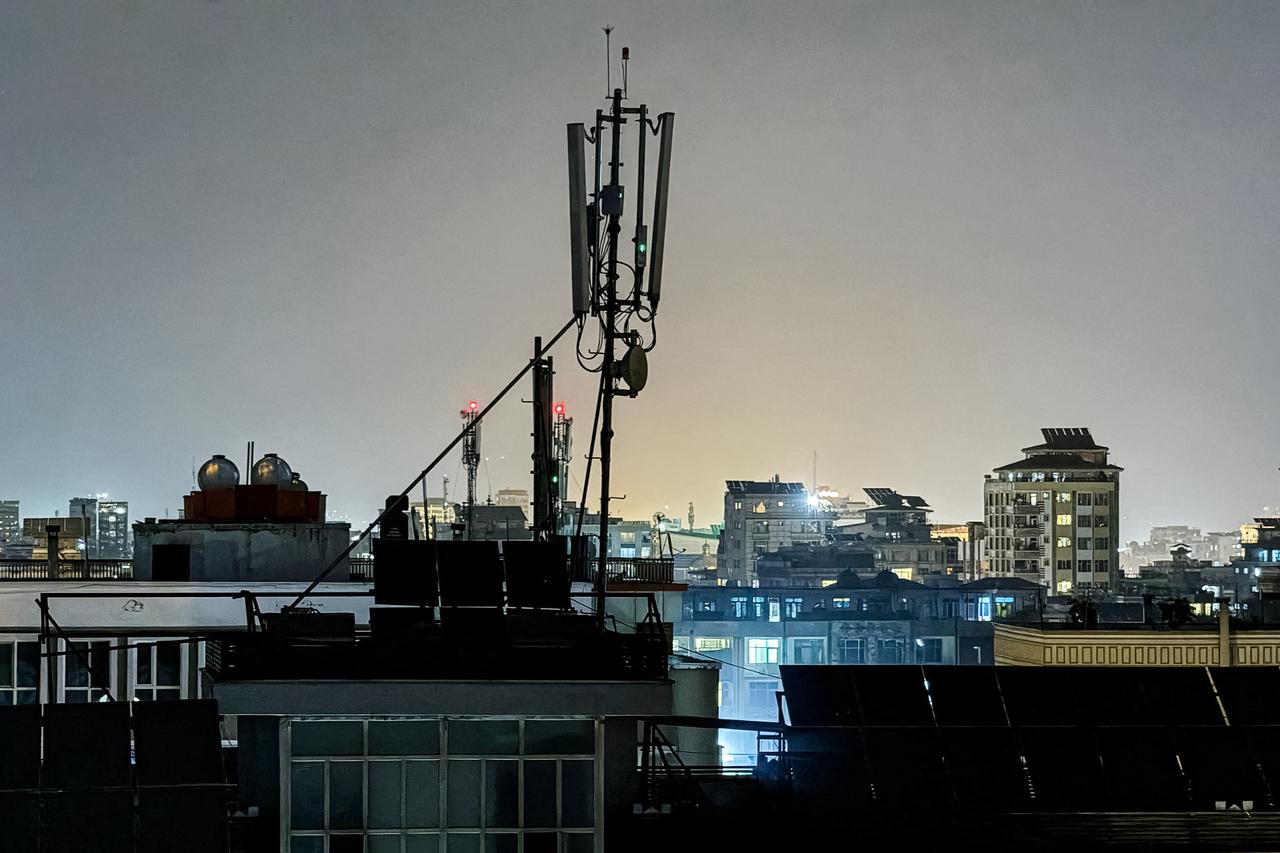
Afghanistan descended into near-total communications darkness Monday as Taliban authorities executed a nationwide shutdown of telecommunications infrastructure, on Monday bringing connectivity to less than 1% of normal levels in what internet monitoring groups described as a comprehensive blackout.
The drastic measure, which severed contact with the capital Kabul around 5:45 p.m. local time, represents the most severe restriction on communications since the Taliban returned to power in 2021. The shutdown affects not only internet access but threatens to paralyze critical services including banking, customs operations and emergency communications across the war-torn nation.
A government official, speaking on condition of anonymity shortly before the blackout took effect, said the shutdown would continue "until further notice" and involve the gradual severing of connections at "eight to nine thousand telecommunications pillars" nationwide.
"There isn't any other way or system to communicate... the banking sector, customs, everything across the country will be affected," the official warned.
Netblocks, an organization that monitors internet governance and cybersecurity, confirmed the outage "appears consistent with the intentional disconnection of service" and noted that maintaining telephone service while blocking internet access "may turn out" to require "some trial and error," given that phone services often share the same fiber-optic lines as internet connections, particularly in countries with limited telecommunications infrastructure.
The nationwide blackout follows weeks of escalating restrictions that began earlier this month, when Taliban authorities started systematically severing fiber-optic connections in multiple provinces. On Sept. 16, Balkh provincial spokesman Attaullah Zaid announced that fiber-optic internet had been completely banned in the northern province on orders from the Taliban's supreme leader.
"This measure was taken to prevent vice, and alternative options will be put in place across the country to meet connectivity needs," Zaid wrote on social media at the time.
The crackdown quickly spread to other regions, with correspondents reporting similar shutdowns in the northern provinces of Badakhshan and Takhar, as well as in the southern provinces of Kandahar, Helmand, Nangarhar and Uruzgan. Users across affected areas reported extremely slow or intermittent connections in the weeks leading up to Monday's total blackout.
The shutdown marks a sharp reversal from the Taliban government's stated priorities as recently as 2024, when Kabul promoted Afghanistan's 9,350-kilometer fiber-optic network as crucial infrastructure to connect the isolated nation with the rest of the world and combat poverty. The network was largely constructed under previous U.S.-backed Afghan governments.
Since seizing power, Taliban authorities have imposed numerous restrictions based on their strict interpretation of Islamic law, but Monday's communications blackout represents an unprecedented escalation that isolates Afghanistan from the global community and threatens to cripple basic economic functions within the country.